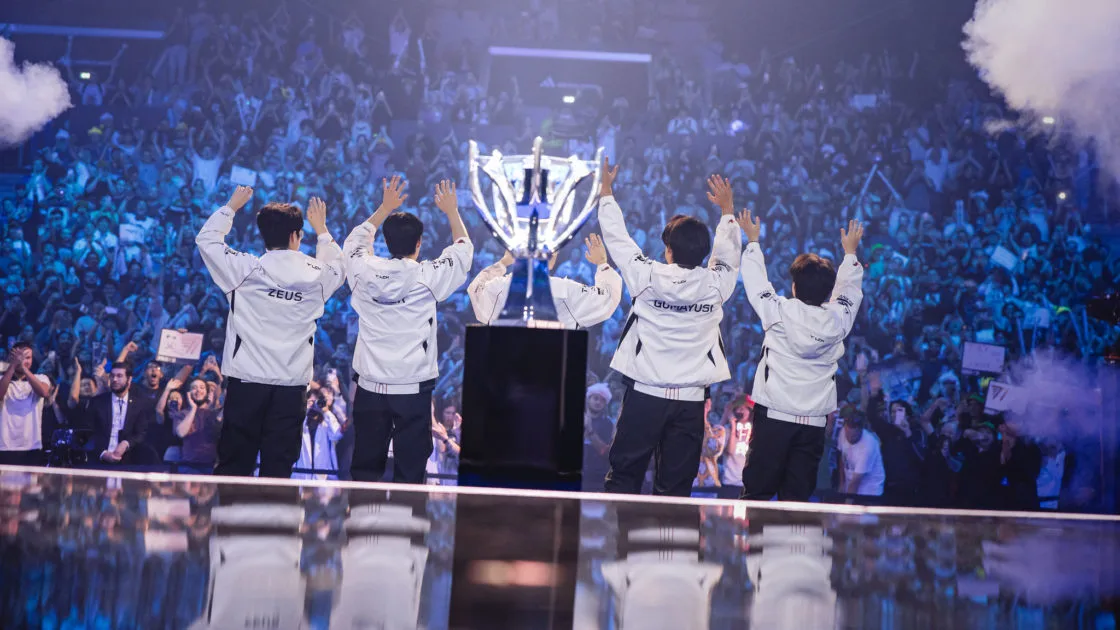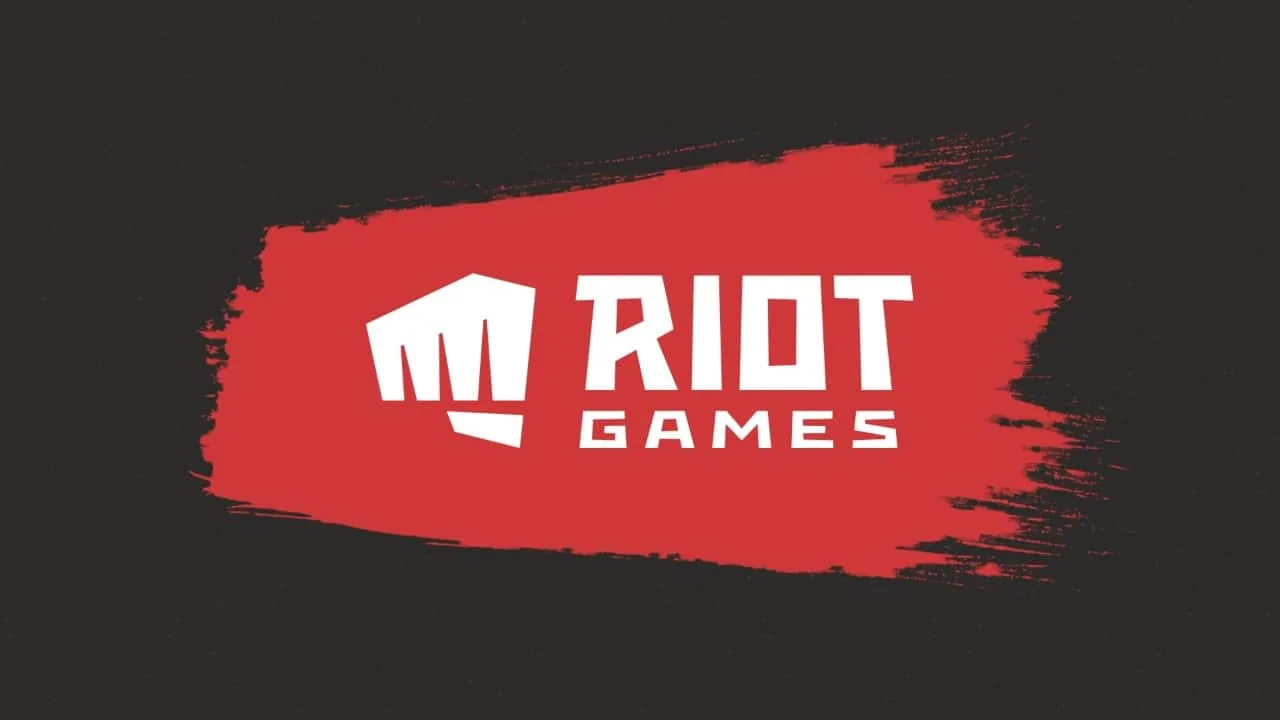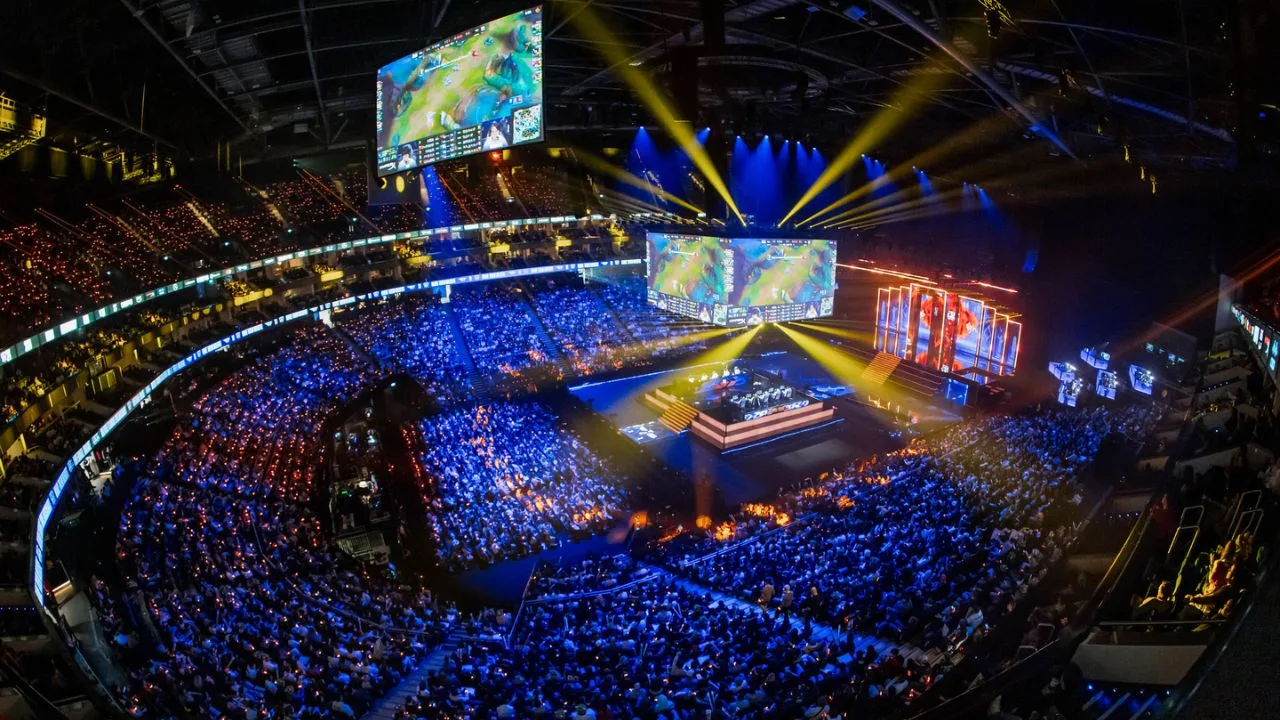Riot Games has announced a historic move for the esports scene: the lifting of betting sponsorship bans on professional League of Legends and Valorant competitions. The decision, communicated by John Needham, the company's president of esports, marks a radical shift in the developer's policy and raises questions about the competitive, ethical, and financial future of esports.
According to Needham, the measure aims to ensure the sustainability of the competitive ecosystem, addressing a long-standing demand from professional organizations. The rollout is initially taking place in the Americas and EMEA regions, with no plans to expand to other territories.

Riot takes control of an already existing practice
Needham justified the decision by stating that sports betting already occurs, often clandestinely and without regulation. For example, Sportradar recorded over US$10.7 billion in bets related to League of Legends, most of it on unlicensed platforms.
With this, Riot chose to officially integrate this market into its ecosystem, proposing clear rules and monitored partnerships. The intention is to reduce the activity of illegal casinos and, at the same time, generate revenue to support teams and championships.
Protective measures and a focus on competitive integrity
To mitigate risks, Riot will implement three pillars of protection:
- Rigorous evaluation and approval of betting sponsors.
- Gambling education for teams and communities.
- Strengthening integrity guidelines in tournaments.
The company states that no official broadcast will display advertisements for betting sites. However, co-streams made by influencers, who represent a significant portion of the audience, may include these ads, as they are not controlled by Riot.

Financial crisis demands new sources of revenue
The decision comes at a time of financial instability for esports. After years of pandemic-driven investments and promises of high returns, many organizations are struggling to maintain their operations. However, the scarcity of recurring revenue, coupled with the departure of sponsors and investors, has exposed the fragility of the current business model.
The teams pressured Riot to release new forms of monetization. Betting was one of the alternatives found. However, experts warn that this choice, while financially attractive, could compromise essential values of the competitive scene.

